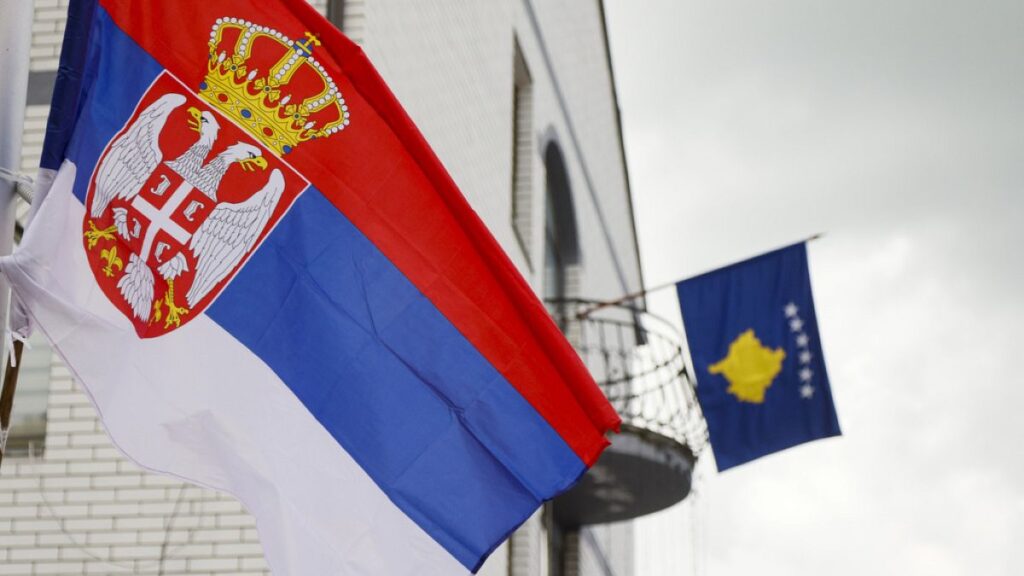Belgrade will allow cars with Kosovo license plates to enter Serbia, a Serbian official announced on Tuesday, a decision likely to pave the way for the resolution of a long-standing dispute and described as a “positive step forward ” by the EU.
The decision was taken to “facilitate the freedom of movement of all vehicles” coming from Kosovo, Serbian public radio and television RTS said on Tuesday, citing the head of the Serbian bureau for Kosovo Petar Petkovic.
Until now, vehicles coming from Serbia or Kosovo can cross the border between the two entities provided they stick stickers on the national emblems visible on the license plates.
This measure will come into force on January 1, Mr. Petkovic said.
“The authorization given to all vehicles to circulate (…) is a purely practical decision, to facilitate the freedom of movement of people and cannot be interpreted as a recognition of the unilaterally proclaimed independence of the self “Kosovo”, which Belgrade does not recognize, declared Mr. Petkovic.
Serbia agreed to recognize Kosovo’s license plates and vice versa after an agreement reached in 2011 under the auspices of the European Union, but the decision was never fully implemented.
In 2022, Kosovo reversed course after a controversial decision to penalize drivers who did not replace Serbian license plates with those issued by Pristina.
Kosovo’s Serb minority, which remains loyal to Belgrade and still considers itself part of Serbia despite Kosovo’s independence in 2008, responded by leaving local administrations in northern Kosovo and setting up roadblocks , a blocking movement punctuated by clashes with the police.
Since then, “99%” of Kosovo Serbs have voluntarily replaced their license plates with those issued by Pristina, Mr. Petkovic added, explaining that for them it was a necessity of daily life.
The Kosovo government has not yet indicated whether it will take a similar reciprocal measure.
Brussels welcomed Belgrade’s decision as “a positive step forward”, which “demonstrates that progress is possible in the process of normalization of relations (between Serbia and Kosovo)”, reacted Peter Stano, spokesperson for the head of diplomacy of EU Josep Borrell, on the social network X (formerly Twitter).
“The EU now expects Kosovo to respond (by acting) in the same way,” he added.




